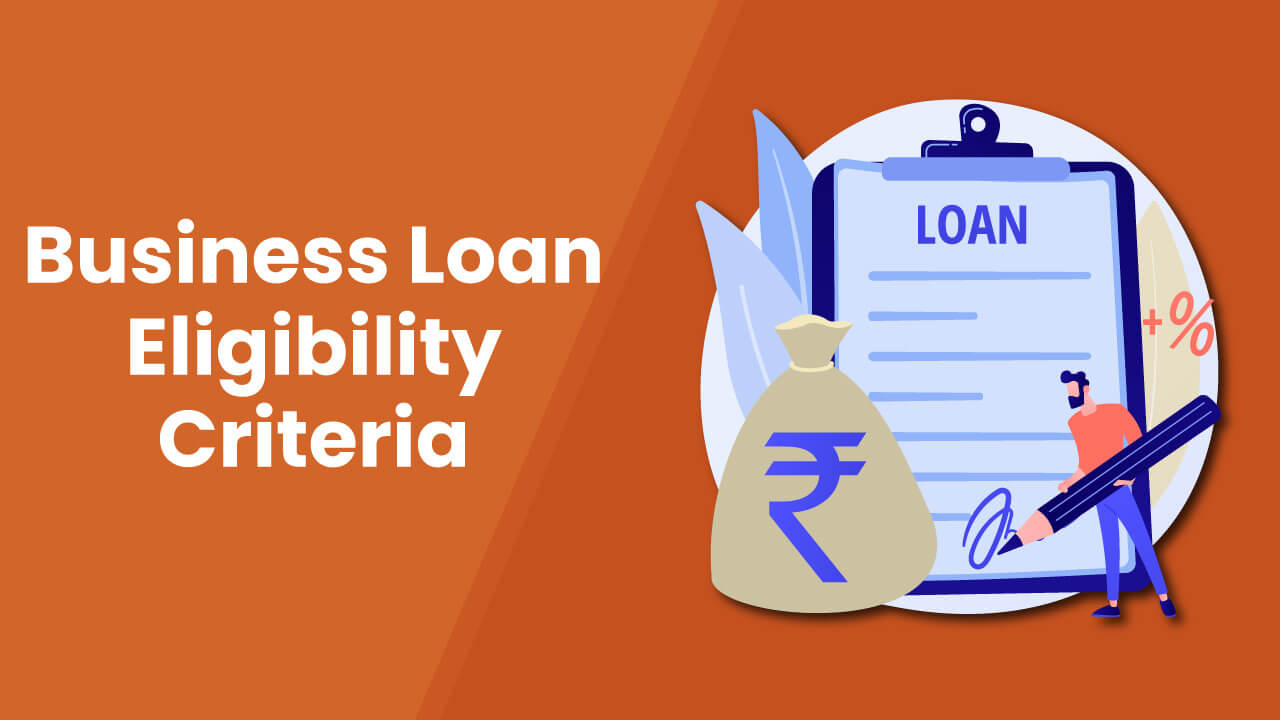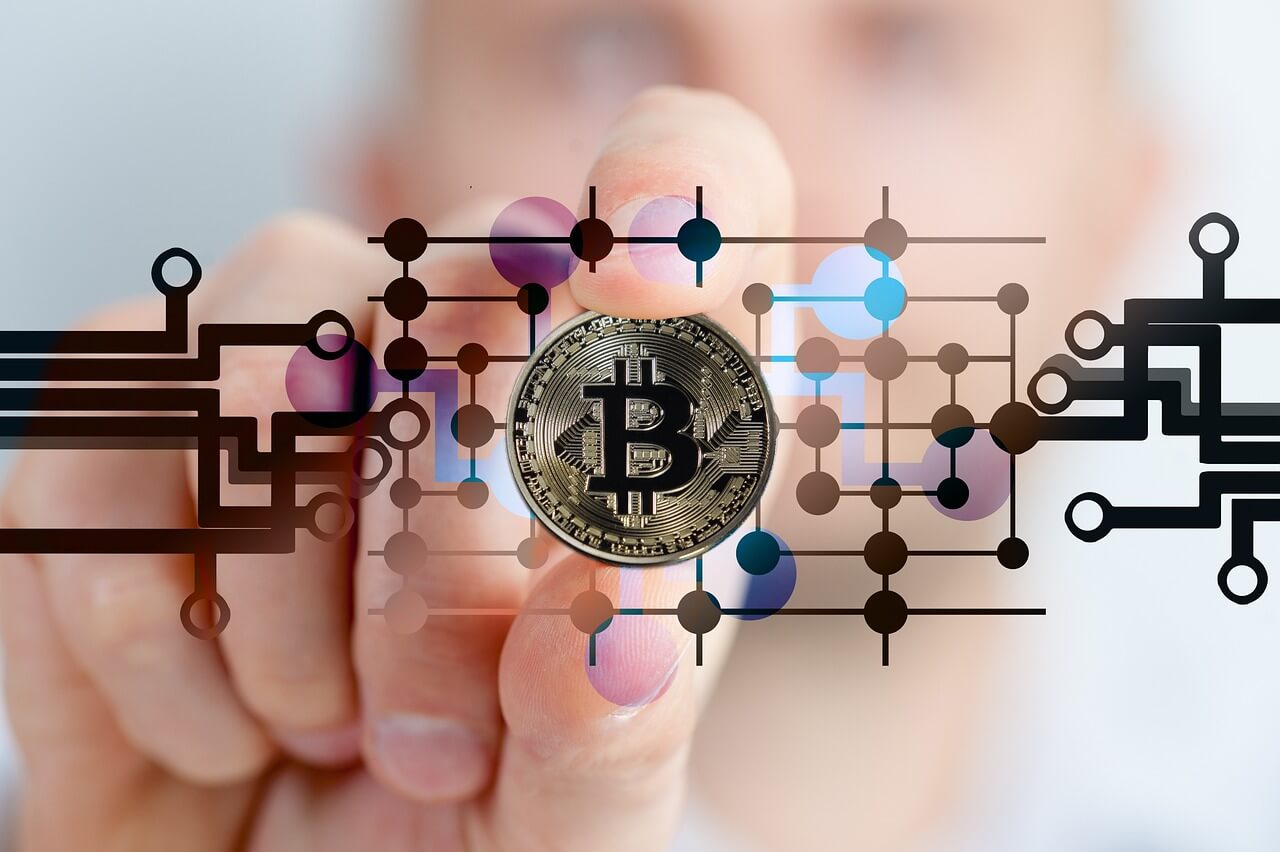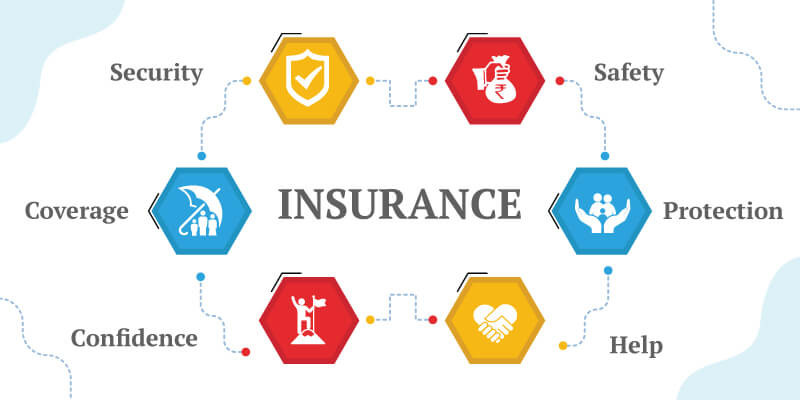Content Attributes
The Government of India’s financial agenda of the cashless economy has contributed significantly to increasing the number of credit card users. As per RBI data in February 2019, 0.89 million new cards were issued along with 45.21 million existing cards and counting. Borrowers have also started to look at these financial instruments as a more reliable debt option.
Moreover, attractive reward programs and a thriving rate of online purchases can also be the reason for this rising demand. But, borrowers should try to avoid excessive spending and always ensure timely repayment to build a promising credit record.
Things to Know Before Swiping Your Credit Card
So, if a card user wonders how to use a credit card wisely, here is a list of factors to know before swiping it. Read below: –
Revolving credit
At the end of each billing cycle, card users receive a monthly statement mentioning the total amount and minimum amount due. Individuals can opt to pay the minimum due option and carry the entire outstanding to the next cycle.
This way, they can fulfil their repayment responsibilities towards lenders and also improve their credit history. Such payment also restores the credit limit by the amount paid towards the bill, thus allowing users to utilise the revolving credit.
Avoid multiple EMIs
While making high-value purchases with credit cards, users can opt for an alternative repayment option via EMIs. By availing of this facility, borrowers can clear off the dues via equated monthly instalments.
Moreover, the applicable interest rates on EMIs are more affordable than credit card APRs. Depending on the lender, EMI interest rates can range between 13-18%. Hence, this repayment scheme may seem feasible for many users.
However, individuals should be careful about their debt-to-income ratio to avoid defaulting. Multiple EMIs can decrease their repaying capacity and eventually lead to a debt trap. Moreover, individuals should know all about credit cards like various charges such as processing fees, transaction fees, etc. that can increase the EMIs significantly.
Cash withdrawal options
Credit cards also come with cash withdrawal facilities from ATMs. Initially, it may seem to be a convenient and instant option to fulfil the cash requirements, but it comes against a high-interest rate.
Moreover, contrary to other credit card transactions, cash withdrawals start accruing interest right from the day of the transaction. Thus, individuals can look for cards like Bajaj Finserv, RBL Bank, and SuperCard that provide a 50-day zero-interest benefit on cash withdrawals from ATMs.
CIBIL score
Late or default payments cause a negative impact on a borrower’s credit score. So, cardholders need to pay the monthly bill always before the due date. Also, to avoid any extra cost, they should try to clear the total outstanding at a time. Therefore, users need to ensure timely repayment before swiping their cards for purchases and also know how to use credit cards to improve their credit scores.
Unnecessary spending
Before spending on cards, individuals should first think about their repayment. Every single transaction on a card is accountable for repayment. While benefiting from the advantages of credit cards, individuals must not indulge in reckless spending.
Also, spending the entire credit limit can negatively impact their credit history. Hence, borrowers should keep their expenses below 30% of the given limit and know all about credit cards for maximum utility.
As a smarter option, applicants can look for NBFCs like Bajaj Finserv that offer loans on card facility, higher security, etc.
Thus, credit cards are one of the most resourceful financial tools that can assist with instant funding and credit profile building. Also, if the question is how to use a credit card, borrowers should keep responsible usage at the top. The knowledge of how to use a credit card wisely is vital for every cardholder.
Factors you should consider before swiping your credit card
In recent days, the cashless economy agenda of the government has become one of the primary reasons behind the rising demand for credit cards. Moreover, attractive APRs, incentives, and other benefits offered by various lenders have also pushed individuals to obtain this facility.
However, cardholders should always be careful about their purchases by keeping them within repaying capacity. The following factors should be considered if borrowers need to know the right use for their credit card –
Revolving credit
Lenders facilitate users with an option of considering the minimum amount due towards bill payment within the grace period. By choosing it, cardholders can pay the remaining due in the next billing cycle. Such payment restores their credit limit by the amount paid towards the bill, thus helping with the use of a revolving credit line.
Multiple EMIs
While EMI is considered one of the most feasible repayment options, borrowers should avoid having multiple EMIs. Although the chargeable interest rates on EMIs are way lower than otherwise, too many monthly instalments can increase the default payment risk. Borrowers should pay attention to other applicable fees on EMIs as well.
Balance withdrawal
Cash withdrawal benefits on cards can charge a higher interest rate similar to revolving credit. Also, it does not come with a grace period. Thus, any withdrawn amount on a credit card can turn out to be a lot more than stipulated. Therefore, applicants should try to avoid withdrawing cash or opt for cards that offer interest-free cash facilities.
CIBIL score
A CIBIL score below 750 may not be considered appreciable to avail of the advanced facility. So, borrowers should try to be responsible about their repayment to improve their credit scores. A consistent, timely repayment is one of the many ways to maintain a good rating.
Unnecessary spending
While purchasing on credit cards, individuals should be aware that the amount must be repaid within the due date. Unnecessary spending beyond repaying capacity can lead to default in payment and eventually affect the credit history adversely.
So, borrowers should understand the usefulness of credit cards and optimize their use as per their needs. Knowing all the essential details about a credit card can be helpful to maximize its benefits.



